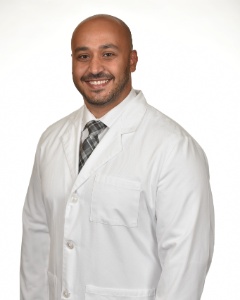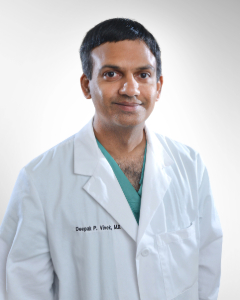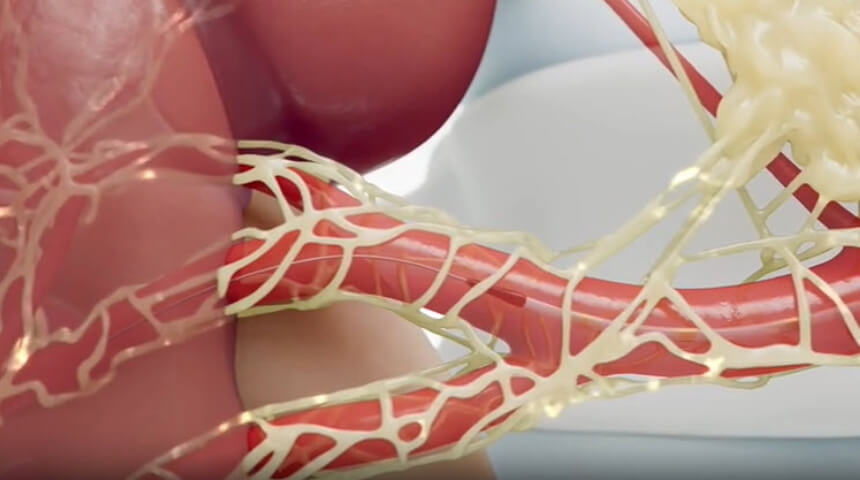
Cardiac specialists at Orlando Health Heart and Vascular Institute have implemented a first-of-its-kind device for minimally invasive treatment of tricuspid regurgitation (TR). The new transcatheter edge-to-edge repair (TEER) system leverages clip-based technology and was recently approved by the U.S. Food and Drug Administration (FDA).
Delivered by catheter through a vein in the leg, TriClip™ repairs leaky tricuspid valves by clipping the valve’s leaflets together and recreating proper blood flow from the heart's right atrium to the right ventricle. Patients typically spend one night in the hospital post-procedure and recover quickly, with improved quality of life and fewer readmissions for heart failure.
The device offers a treatment alternative for patients who are not candidates for open heart surgery. “Tricuspid valve issues are so very underdiagnosed, we often call it the forgotten valve,” says Michael Hanna, MD, a board-certified cardiothoracic surgeon with Orlando Health Heart and Vascular Institute. “Open heart surgery remains the gold standard for repairing tricuspid valves, but by the time we see many patients, they have torrential or persistent TR and can’t withstand open surgery.

“This clip could be a lifesaver for them.”
In addition to utilizing the most advanced technology, the institute has adopted a collaborative and multifaceted approach to tricuspid valve treatment. Each patient works with a team that includes a cardiologist who determines tricuspid insufficiency, a heart failure specialist who optimizes medication, an interventional cardiologist and a surgeon.

“We have a team that works together on a regular basis, which smooths out the process,” says Deepak Vivek, MD, a board-certified interventional cardiologist with Orlando Health Heart and Vascular Institute. “This group approach enables us to plan and deliver a patient-tailored solution together that optimally benefits the patient’s outcome.”
Orlando Health is a quaternary referral center for high-risk and high-complexity cases. “What differentiates us is our ability to quickly adopt the latest technologies to benefit our patients,” says Dr. Hanna. “We are an extremely experienced, high-volume comprehensive structural center able to deliver the best possible therapy for a patient, whether it's surgical or transcatheter, in a team-based approach.”
Orlando Health Heart and Vascular Institute is a national Top 50 program recognized for cardiovascular innovation, exemplary heart care, advanced research and education. Its board-certified cardiovascular specialists are highly skilled in leading technologies, including innovative diagnostic services, nonsurgical and minimally invasive treatment options.





